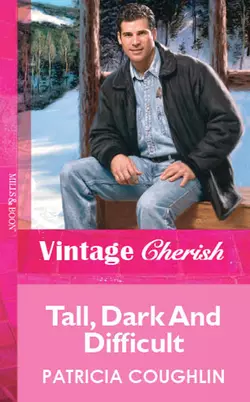Tall, Dark And Difficult

Patricia Coughlin
Тип: электронная книга
Жанр: Современные любовные романы
Язык: на английском языке
Стоимость: 386.20 ₽
Статус: В продаже
Издательство: HarperCollins
Дата публикации: 16.04.2024
Отзывы: Пока нет Добавить отзыв
О книге: HE WAS AN OFFICER…BUT NO GENTLEMANOnce a dashing, decorated test pilot, embittered Major Hollis «Griff» Griffin no longer gave a damn about anything–except fulfilling his late aunt′s eccentric last request, then leaving all lingering, loving memories behind. But he′d need help, dammit, from one Rose Davenport–surely a fluttery old antiques addict.Yet Rose proved leggy, delectable and mulishly optimistic about restoring castoffs–even unshaven, arrogant, former flyboys like him. Despite her fear of macho males, she bravely evoked Griff′s random acts of tenderness, sentimentally spotting a hero beneath his bitterness. But Griff was no hero. So dare he wheedle this wary, wonderful woman into believing they′d share a bed of roses…forever?